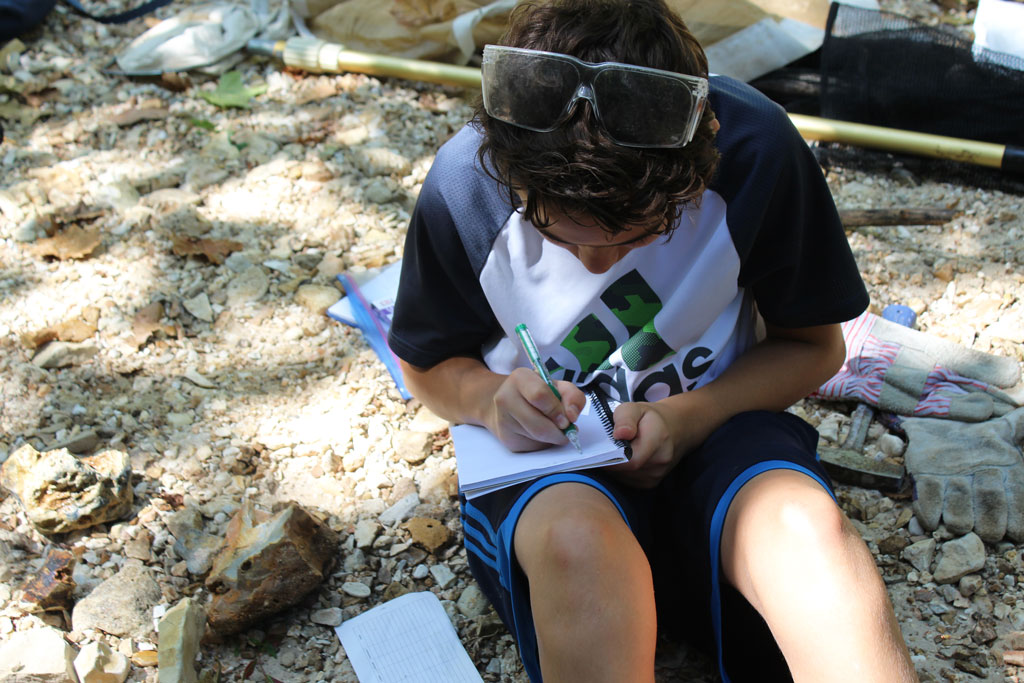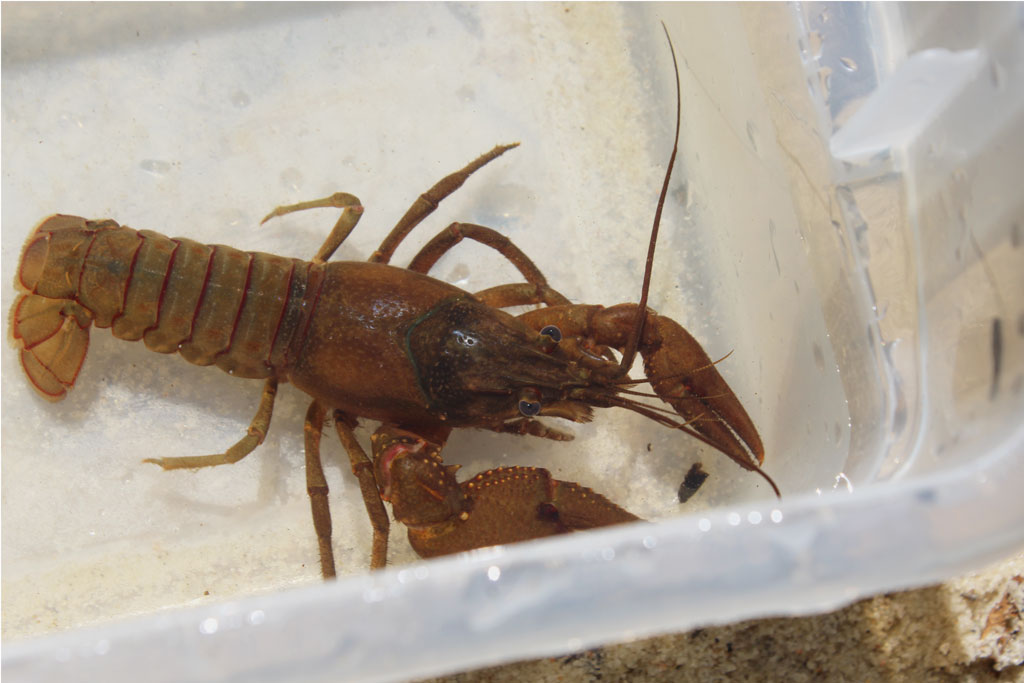Scientific Discoveries
Geology: The rocks change color in water do to the chemical situation of the water with organic decomposing into the water. Why was the sand red by the creek?
Human Impact: Silvery oil in the water. Trees planted to stop erosion on the sign. Bullet shells and the shot cans.
Chemistry: Water and Soil levels were normal
Zoology: Many butterflies spicebush swallowtails, many diverse animals especially mammals, deer prints, raccoon prints, many fish, caught a huge crawfish, and small crawfish, many frogs and minnows. Caught a very large fish,
Botany: Almost tomato like fruit, very toxic. Type of thorn KP told Botany about. American sycamore
Meteorology: 15 degrees between shadow area and sunny area. Shadow area was much windier. Rain could have made water very basic.
Data analysis: Lots of flowers, more insects and butterflies. Water was nasty, lots of bushes but not for aquatic life, microstegium is invasive plant in the area.

Koen the Geologist taking notes in his journal
Flowers found by the Botinists

Picture of Crawfish taking during Young Conservation Sight Study
